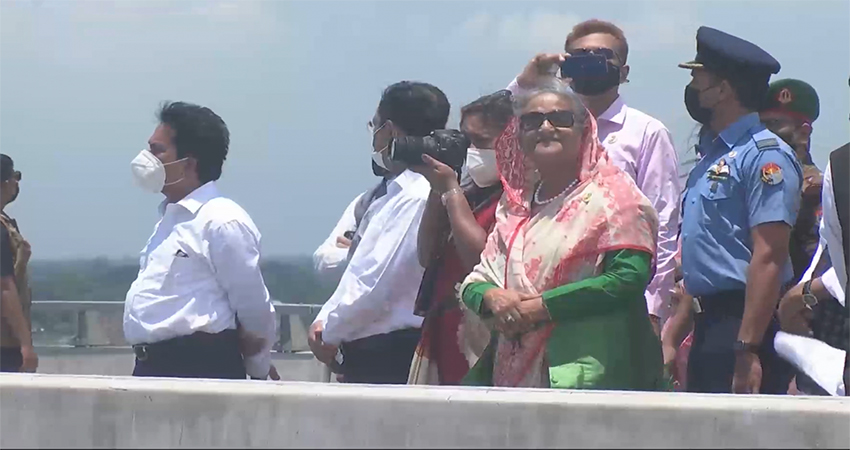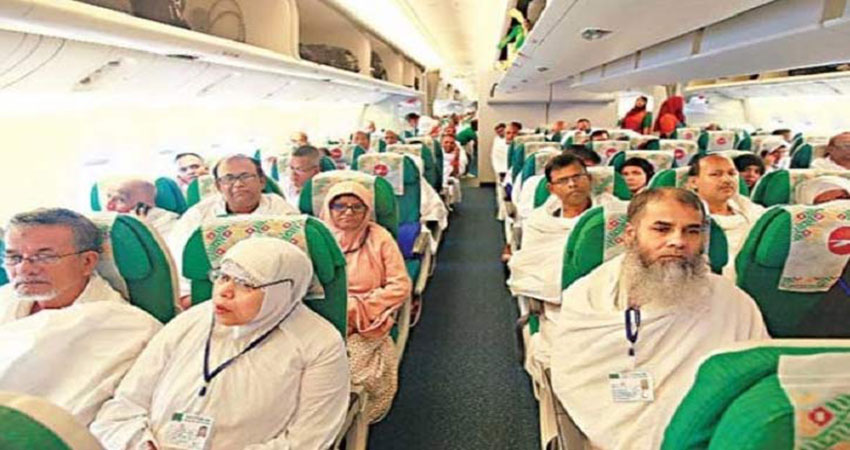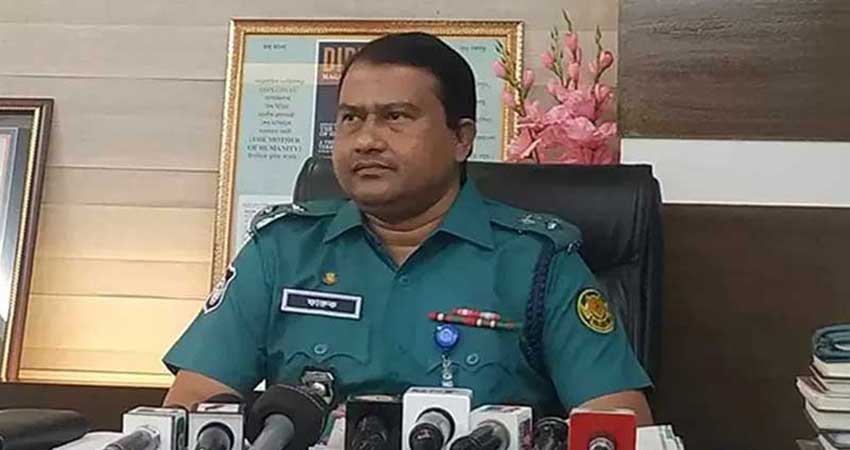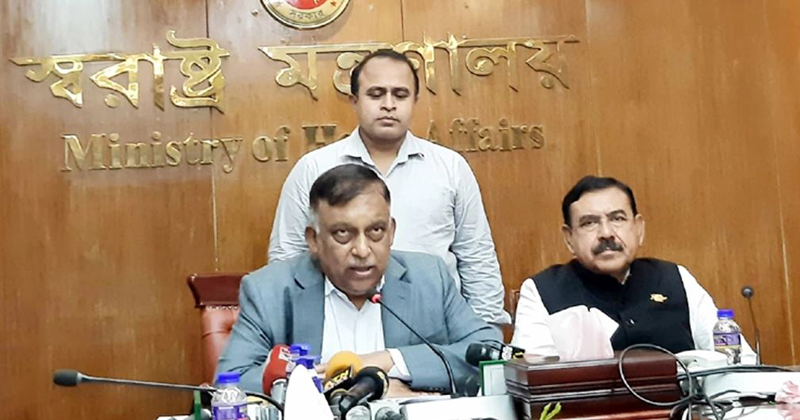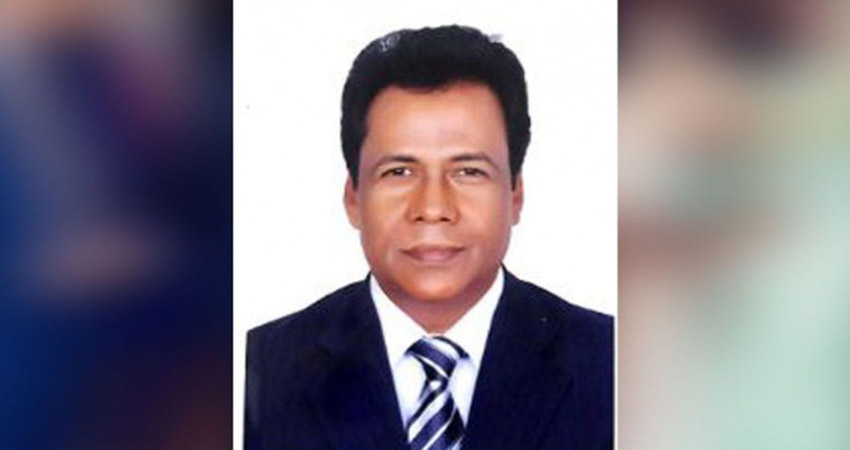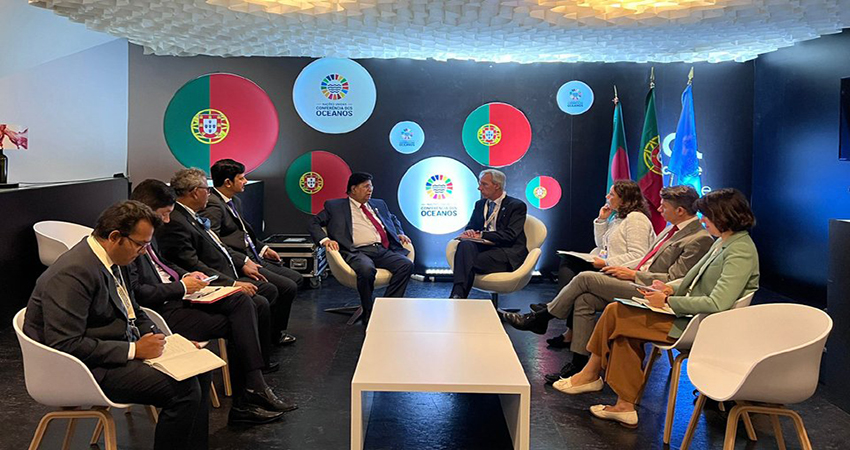Prime Minister Sheikh Hasina on Thursday asked the authorities concerned to devise a master plan to reach pure drinking water and set up a better sewage management system up to union levels across the country.
"Prepare a master plan to ensure pure drinking water and better sewage management system in each divisional town, district, upazila and union," she said, directing the authorities concerned including the LGRD minister to take prompt measures in this regard.
The prime minister was addressing the inaugural function of the South Asia's largest single sewage treatment plant (STP) named the Dasherkandi Sewage Treatment Plant in the capital's Khilgaon area, first of its kind in the country.
At the same Bangabandhu International Conference Centre function, Sheikh Hasina also laid foundation stone of the reconstruction and expansion of the Pagla Sewage Treatment Plant.
The Pagla Sewage Treatment Plant will be reconstructed in support with the World Bank (WB) and the Asian Infrastructure Investment Bank (AIIB), having capacity of treating 200 million tonnes of sewage.
Sheikh Hasina said her government has taken measures for ensuring pure drinking water and better management of sewage in Dhaka, Rajshahi and Chattogram.
She said her government also wants to spread it across the country in line with its initiative to reach every civic amenity to village level under the project "My Village, My Town".
"The people of the villages will get all kinds of urban amenities in their reach," she said.
The premier asked all concerned to prepare the master plan in an integrated way.
Sheikh Hasina also urged the countrymen to show austerity in using water and electricity.
"Don't use water and electricity unnecessarily, please show austerity in using those. You will also be benefitted from it, as the bill of those will be fewer," she added.
The Dasherkandi plant has a capacity of treating five million tonnes of sewage per day, which is 20 to 25 percent of the total sewage in the capital.
The plant is supposed to play a key role in saving the rivers surrounding the capital from the pollution.
The China-funded project was implemented on about 62.2 acres of land at the cost of Tk 3,482.42 crore. Of the total cost, Tk 1,106.42 crore came from the government fund, Tk 10 crore from Wasa fund and the remaining Tk 2,366 crore from the Export-Import Bank of China as project assistance.
The government has a master plan to build four more sewage treatment plants, one each in Pagla, Uttara, Rayerbazar and Mirpur areas to treat 100 percent sewage of Dhaka by 2030, of which 90 percent will come under pipeline coverage and remaining 10 percent sewage will be collected from the houses.
The plant helps implementing SDG Goal-6 by ensuring better waste management system across the country by 2030.
Prime Minister Sheikh Hasina is the pioneer of bringing the country under a proper waste management system.
The Dasherkandi Treatment Plant, which falls within Khilgaon Police Station, is adjacent to Aftabnagar and will treat sewage of several areas of the capital, including Gulshan (part), Banani, Tejgaon, Niketon, Maghbazar, Malibagh, Aftabnagar, Badda, Kalabagan, Panthapath, Dhanmondi (part) and Hatirjheel.
Local Government, Rural Development and Cooperatives Minister Md Tazul Islam, Local Government Division Secretary Muhammad Ibrahim, Chinese Ambassador to Bangladesh Yao Wen and Dhaka Water Supply and Sewerage Authority (WASA) Managing Director (MD) Taqsem A Khan spoke at the function.
The project has a sludge drying-burning system with a processing capacity of about 500 tonnes per day. The construction work started on August 1, 2017.
The project, designed and constructed by Chengdu Engineering Corporation under PowerChina, with one year of operations and maintenance, was handed over to WASA.
The Dasherkandi Sewage Treatment Plant was constructed as part of the master plan taken up by WASA in 2013 to build five treatment plants to prevent river pollution around Dhaka.
According to the project, a waste lifting station is being constructed on the west side of Rampura Bridge at Pragati Sarani, a five kilometer trunk sewer line from Rampura to Aftabnagar and Dasherkandi plant and the main treatment plant at Dasherkandi.
Three separate video documentaries on Dhaka WASA, Dasherkandi Sewage Treatment Plant and Pagla Sewage Treatment Plant were screened at the function.












